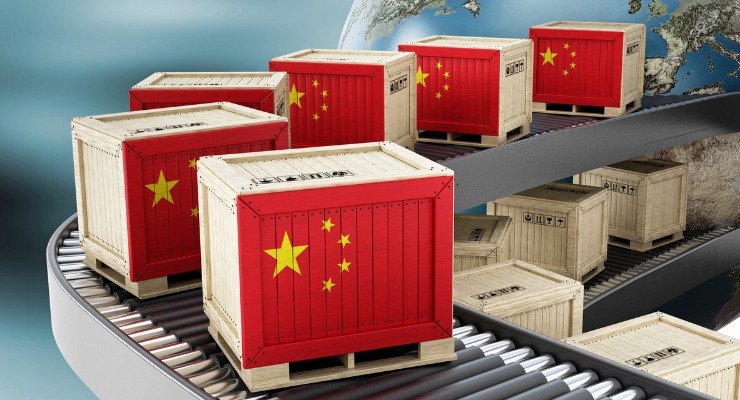You might think having your goods manufactured correctly is the hardest part of importing but understanding shipping costs and terms of sale can be headache inducing as well.
Often your contract will specify either FOB or CIF. Before you sign any contract involving shipment of your goods, you should know what it all means and which party is responsible which costs.

What is FOB Price?
FOB stands for Free on Board and it means the cost of transporting your goods to the nearest port and loading them onto the ship is included in the price. As the buyer, you are then responsible for the cost of shipping the items from there to your location.
What is CIF Price?
CIF stands for Cost Insurance and Freight. CIF means the seller pays the cost of the freight to send the goods to its final destination, also including the cost of insurance.
Where do These Terms Come From?
The International Chamber of Commerce (ICC) in 1936 developed 12 international commerce terms (Incoterms). There are now 11 terms in use across 140 countries. Each one has a three letter abbreviation.
They include EXW (Ex Works), FCA (Free Carrier), CPT (Carriage Paid to), CIP (Carriage and Insurance Paid to), DAT (Delivered at Terminal), DAP (Delivered at Place), DDP (Delivered Duty Paid), FAS (Free alongside Ship), FOB (Free on Board), CFR (Cost and Freight) and CIF (Cost, Insurance and Freight). FOB and CIF are the two most commonly used Incoterms.
FOB Price vs CIF Price
The main difference between the two is who accepts responsibility for goods while they are in transit. With FOB once the goods are on the ship, they are marked as delivered and the purchaser takes control.
With CIF freight, the goods are the responsibility of the seller/manufacturer until they reach the destination port.
There are advantages and disadvantages for both parties using either arrangement. With CIF, the seller has the opportunity to mark up the cost of transit and insurance effectively making the transaction of the sale more profitable. They can also choose the shipping arrangement of their choice and may not look for the best deal if the cost is being passed on.
Advantages of CIF for the Buyer
- Save time in getting quotes and making arrangements for shipping
- No need to research how to calculate duties, tax and customs payment
- Only one bill to pay to the seller as all costs bundled together
The main disadvantage for the purchaser is the potentially higher cost, but they may be willing to trade this off in exchange for not having to concern themselves with shipping quotes, paperwork, customs and tax. If the seller is used to CIF, then they will likely have more experience with shipping than the buyer.
Advantages of FOB for the Buyer
- Save money by gaining quotes and choosing the cheapest for shipping
- Decide which company will ship the goods
- Control over shipping and can go directly to the shipping company for delivery details etc
The main disadvantage of FOB is time. Hours can be spent making the arrangements and researching if the purchaser doesn’t know how it all works.
Which Way Should You Go?
So, which is better - FOB or CIF? Only you can decide whether to go with FOB or CIF. If you don’t have the time or confidence to do it yourself, then you might be willing to pay a little extra for the convenience of someone else do it for you.
If your seller is willing to do either, ask for both the FOB and CIF prices to decide which option will be most cost effective for you.
Some sellers don’t give you a choice because they only offer FOB or CIF on all orders. Make sure you know this upfront so there are no surprises at the end.
Also, ask the seller if the FOB price calculation or CIF figure includes docking fees and customs fees that need to be paid before the goods are released. Know what the costs are so you have the full picture on costs.
Shipping can be Complicated
The shipping can be the most difficult part of the manufacturing and import process. It can be costly, time-consuming and stressful. To reduce the risks and to cut down on the time you need to spend, contact Vara Allied to handle it for you. We have an employee dedicated to managing all of our shipments. For more information on our International Freight and Shipping service, call Craig on 0438 922 058 or contact us online.